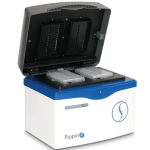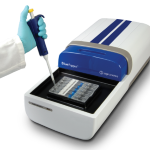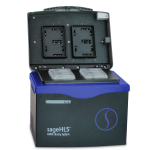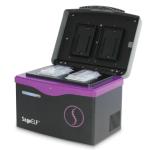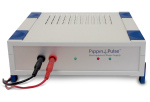Last week’s annual meeting of the American Association for Cancer Research offered some great perspectives on innovation in oncology, both in the clinic and in academic labs.
We were particularly impressed by former Vice President Joe Biden’s update on the Cancer Moonshot initiative, which he characterized as a bright spot in bringing people together and pushing research forward. For example, Amazon offered to host some extremely large cancer databases, and in less than a year the information has been accessed 80 million times. Biden’s optimism about the effort turned to frustration with the new administration’s proposed cuts to research funding. He said the “Draconian cuts” would be a massive setback, though he expressed doubt that the proposed budget would pass Congress.
The association also gave out some prestigious awards, such as the AACR Award for Lifetime Achievement in Cancer Research to Mina Bissell. The Lawrence Berkeley National Laboratory scientist has been a pioneer in breast cancer research, delivering some of the earliest findings that cells lose their native expression patterns when cultured in different conditions (she also discovered that cells can “remember” their original profile when native microenvironment conditions are restored). As strong supporters of improved sample prep, we see Bissell as a champion for the kind of reproducible research practices that are essential to life science.
One of the most exciting technical advances came from a team at Johns Hopkins University, where scientists developed an error-correction method for NGS results from liquid biopsies targeting cell-free DNA. The approach boosts accuracy with ultra high-coverage sequencing. We’re excited about this work because it dovetails nicely with our new SageHLS instrument for purification of extremely large DNA molecules, such as entire genes associated with cancer. In beta tests, scientists have successfully purified the BRCA1 and BRCA2 genes using the platform with the CATCH method (Cas9-assisted targeting of chromosome segments).
We congratulate all the scientists who presented at AACR and made such a strong showing for the terrific recent advances in cancer research!
